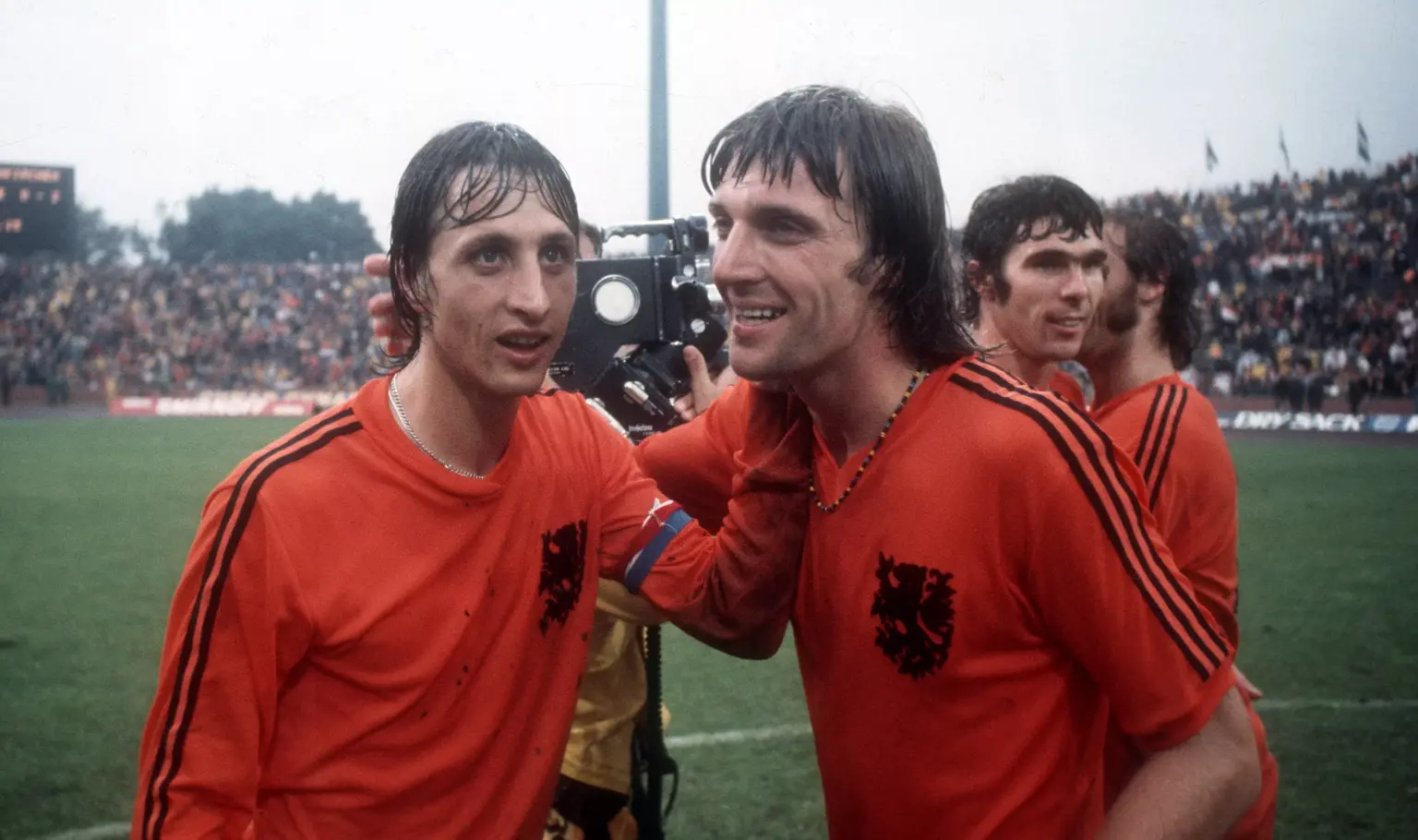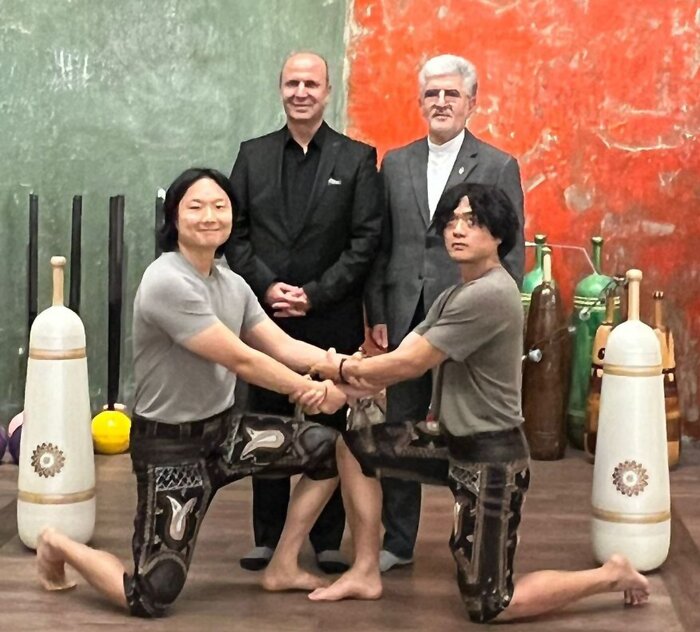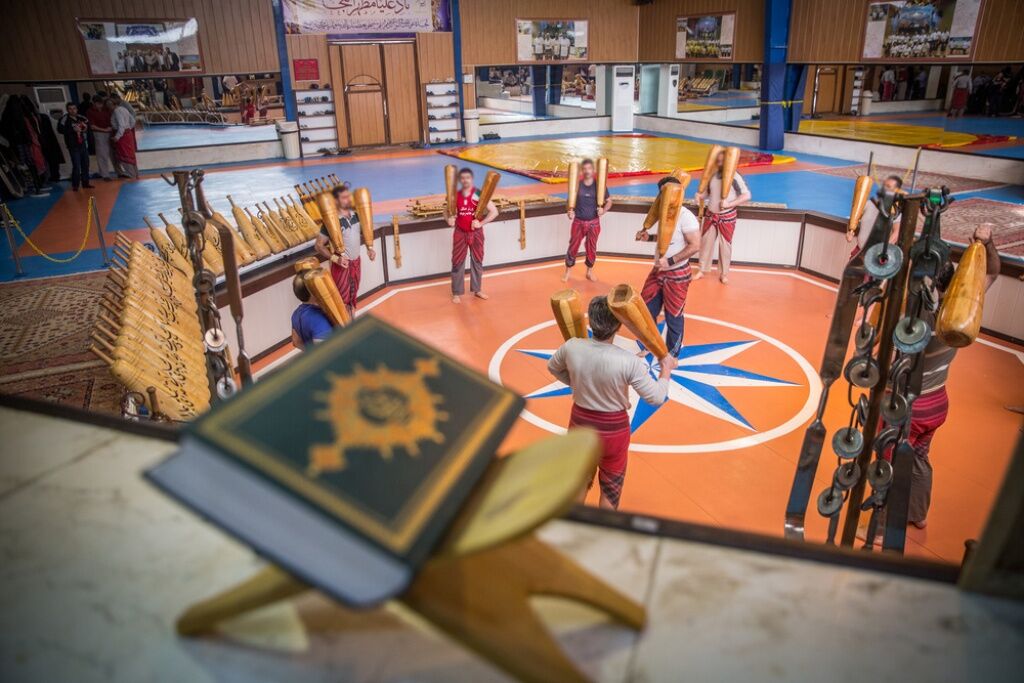“God gave us two ears and one mouth,” Ruud Krol warned Pim van Dord. “You must listen more than you talk.”
Rinus Michel couldn’t help but chuckle when he heard. The ungovernable partygoer had become an inspiring preacher.
The night before games, while his Ajax team-mates were in pyjamas in bed, a young Krol would be draped in silk shirts, double-breasted jackets and velvet pants in Amsterdam’s trendiest nightspots. Eventually, one evening, Michels’ patience ran from thin to finished. He got word that Krol was at a discotheque and ordered a member of his backroom staff to go and get him.
The man, his missus in hand, duly did. “What have you got to say for yourself?” the hunter asked the heartthrob. The kickback was quintessential Krol: “Would your wife like to dance?” Everyone burst out laughing.
Michels didn’t see the funny side. An archetypical authoritarian, indiscipline was inexcusable. Inexcusable from anyone but Krol. ‘The General’ had the most unique systems in football history and he knew his star student would be central to its success.
If Krol invariably wasn’t where he was supposed to be on Saturday nights, the same could be said for Sunday afternoons. The No5’s workplace should have been on the left of the backline. He amplified his grass office, however, popping up in midfield, on the wing and in opposition boxes.
Krol would slalom past opponents like ski sensation Ingemar Stenmark would round poles; ping 60-yard Hollywood passes with the precision of Dallas Cowboys quarterback Roger Staubach; thump home piledrivers that would even leave Johan Cruyff awestruck. Krol, who enforced swagger with steel, was as indispensable to ‘Clockwork Orange’ as yellow and red were to its shade.
Fortunately for Michels, Krol soon settled down, got married and left his wild ways behind. He may have remained a part of ‘Snabbel and Babbel’ – the funky nickname for his glorious full-back partnership with Wim Suurbier – but he was no longer a pop star by night.
Krol’s palatial performances and galvanising influence inspired Ajax and the Netherlands to become among the greatest respective sides club and international football has ever witnessed. FIFA caught up with the long-ball god during the 50th anniversary of the 1974 FIFA World Cup™.
You were quite superstitious and wore the No5 shirt for Ajax. How did you feel about wearing the No12 at the 1974 World Cup and how did Johan Cruyff end up getting his preferred No14?
Ruud Krol: It was our first World Cup since 1938. We didn’t know how it worked. They didn’t ask us what numbers we wanted. They did it alphabetically and I ended up with the No12. I wanted the No5. It’s the shirt I wore for Ajax, I made my Netherlands debut in it against England in 1969, and it was a prestigious shirt to me. By 1978 I knew how it worked and made sure I had the No5 in Argentina, but in 1974 I just had to put up with the No12. Cruyff was the captain and he found out they were going to do it alphabetically, so he made sure he got the No14.
At the time, Ajax and Feyenoord were two great sides constantly competing for titles. Were there ever any problems between the Ajax players and the Feyenoord ones on international duty?
No, no. Never. When we played against each other, yes. Ajax and Feyenoord desperately wanted to beat each other. But when we played together for the national team, nobody ever felt tension. It was like that under [Frantisek] Fadrhonc and the same under Michels. There was not one troublemaker from the Ajax or the Feyenoord groups. There was always a lot of respect between us players. There was also a lot of respect for [Ernst] Happel and Michels, who were the top coaches in Europe.
Dutch clubs won four straight European Cups at the start of the 1970s, they had an amazing set of players, there was a lot of hype going into the World Cup. How much pressure did you feel under?
A lot of people were expecting big things, but we felt no pressure because the World Cup was new to us. We hadn’t been since ’۳۸٫ We had never even qualified for the European Championship. We weren’t playing well in friendly matches before the World Cup and our results weren’t great. Michels was still working at Barcelona. He would fly in for matches then fly back to Barcelona. Us players didn’t think this was good. When the Spanish league finished, he came in permanently and things improved a lot. We worked very hard. The Ajax players already knew the way he worked. The Feyenoord players had to get used to his playing style. We played Argentina in a friendly in Amsterdam. We won 4-1. That gave our confidence a very big boost.
- نویسنده : محمد مهدی اسماعیلی رها





























Saturday, 31 January , 2026